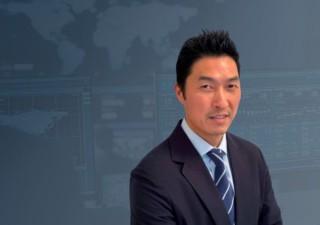“I believe the Chinese government is really pushing the implementation of 5G throughout China which inevitably boosts up the filing and enforcement of 5G -related patent applications,” said Stephen Yang, managing partner and patent attorney at IP March in Beijing.
Yang believes that with 5G, the country will become a hotspot of IP issues. These include litigation, SEPs, patent pooling and others.
Still another issue that may emerge and become less low-key is the one concerning non-practicing entities (NPEs).
NPEs are individuals or business entities with patent rights for an invention. Yet, developing this invention is not in their pipeline. They don’t sell or manufacture products or processes. However, they brandish their patents in front of an alleged infringing individual or business entity, seek injunctions and huge damages from these parties. Sometimes, an NPE files lawsuits when there is an IPO.
NPEs exist in the United States. Now, their lot is growing in China and getting more active. Unfortunately, the issue has not caught enough attention in the country.
“With China strengthening IP protection and permanent injunction being an assumed remedy for the plaintiff winning an IP litigation, I expect NPEs may become more aggressive which may in turn change the court practice in some ways,” said Yang.
“Currently if a plaintiff wins an IP infringement case, it will get permanent Injunction, unless for public interest purposes in which case the infringers may still use the patented invention but have to pay the plaintiff, according to a judicial interpretation. So permanent injunction can be assumed in an IP infringement case. However, if NPEs abuse this practice and force the alleged infringers to avoid injunction by taking licenses, the court may take a different view on granting permanent injunction on almost all cases,” Yang explained.
“There are Chinese companies like Huawei, ZTE that are leaders in 5G technology. It will be interesting to see how Chinese courts proceed with Chinese companies as plaintiff or defendants,” he added.
According to the Global Times, a report by the China Academy of Information and Communications Technology said that more than 410,000 5G base stations had been set up around the country by the end of June. China will deploy 500,000 more by the end of the year.
By the end of July, more than 88 million people in China were using 5G, putting the country in the top spot for 5G usage around the world.
Espie Angelica A. de Leon


.jpg)




